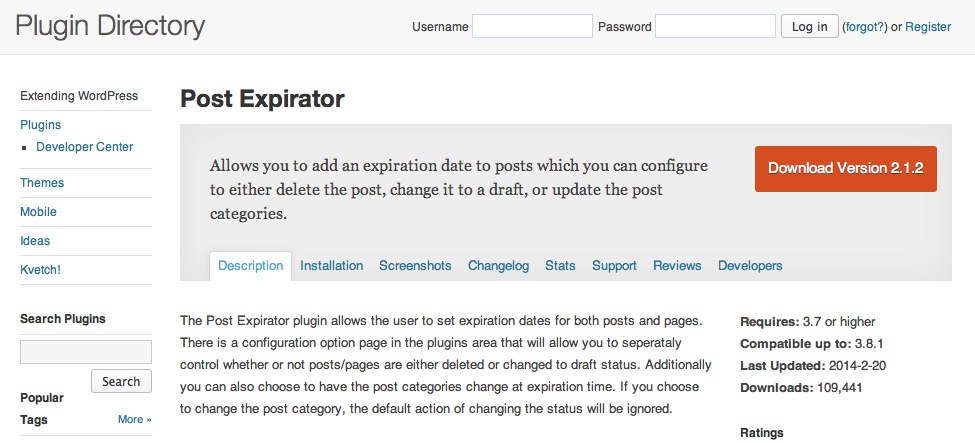Chinese science hasn’t the best reputation at all. A new piece at the Economist now shows that
by volume the output of Chinese science is impressive .. The number grew from a negligible share in 2001 to 9.5% in 2011, second in the world to America, according to a report published by the Institute of Scientific and Technical Information of China. From 2002 to 2012, more than 1m Chinese papers were published in SCI journals; they ranked sixth for the number of times cited by others.
But wait
A hint of the relative weakness of these papers is found in the fact that China ranks just 14th in average citations per SCI paper, suggesting that many Chinese papers are rarely quoted by other scholars.
So, they are now overdoing it even more than Euopean scholars who are already crazy at getting as many papers published irrespective of any science behind.
